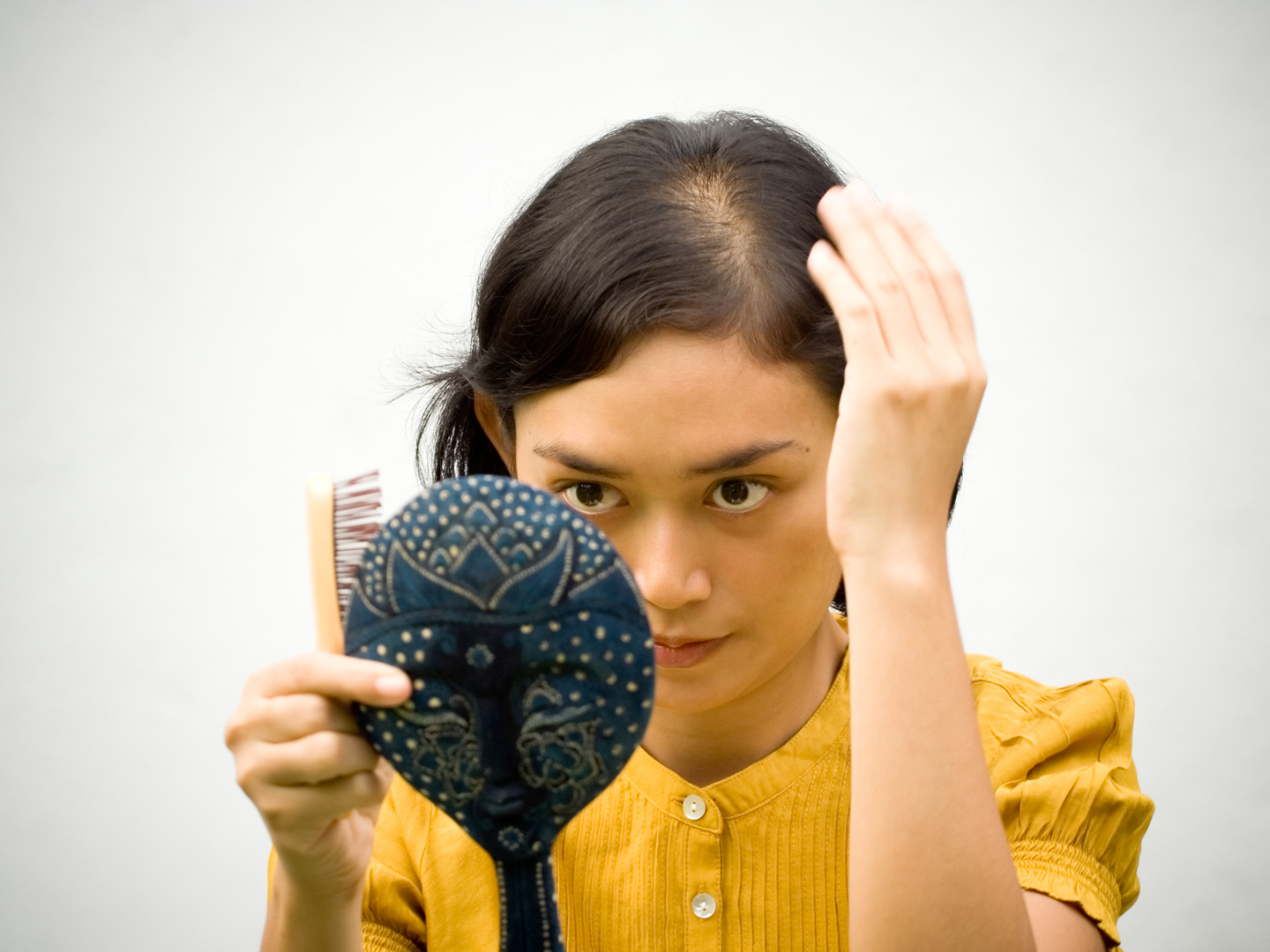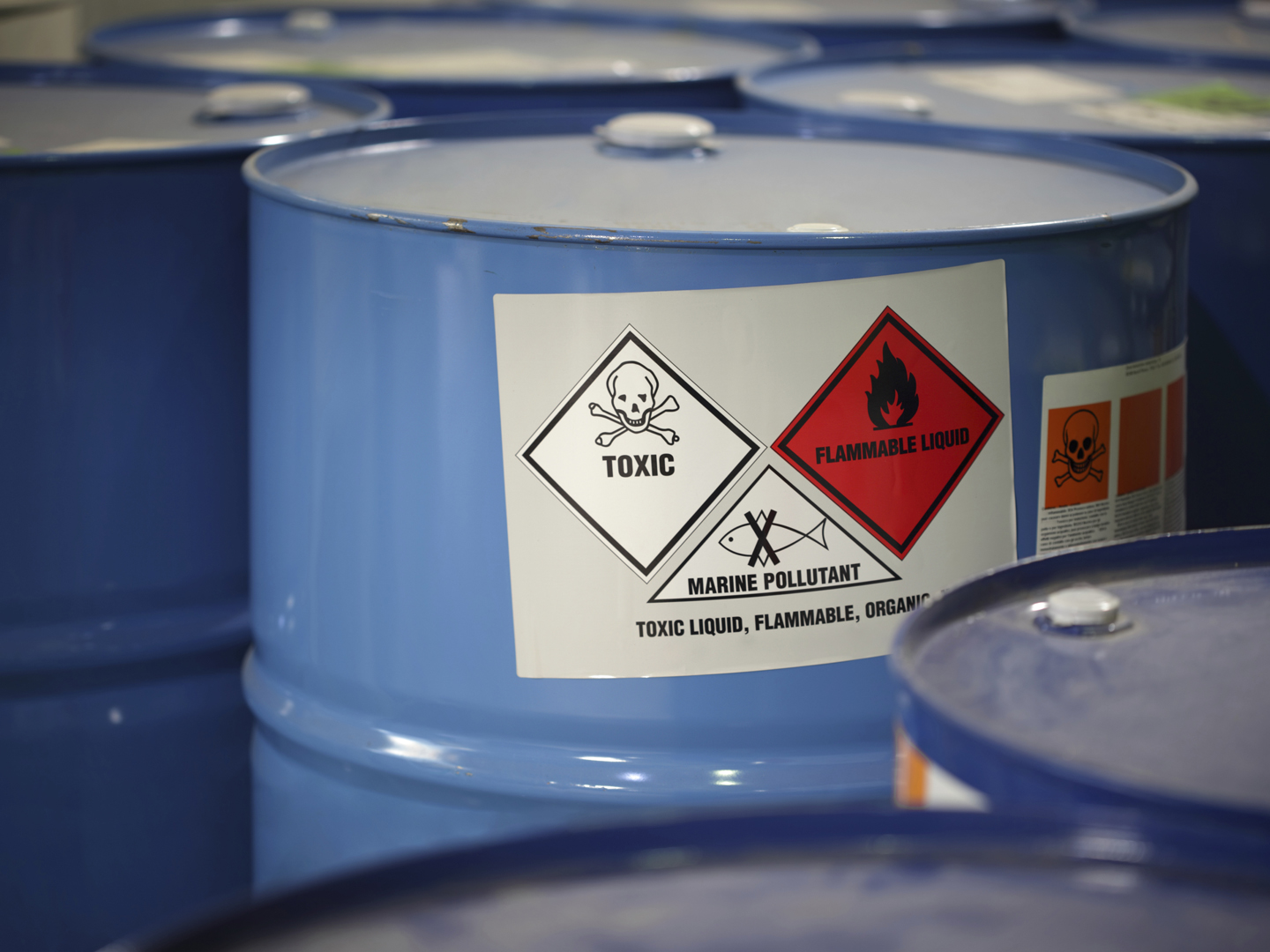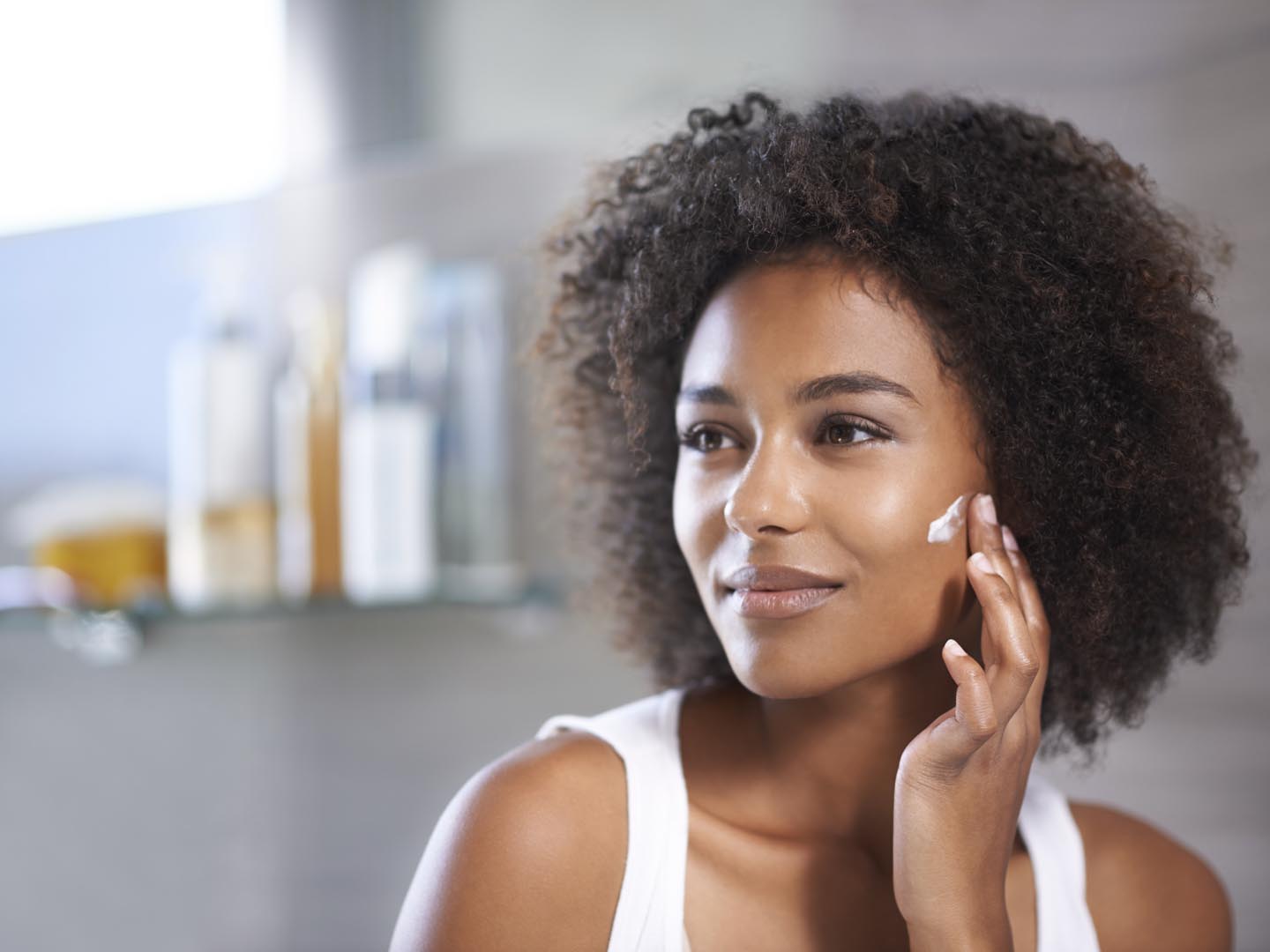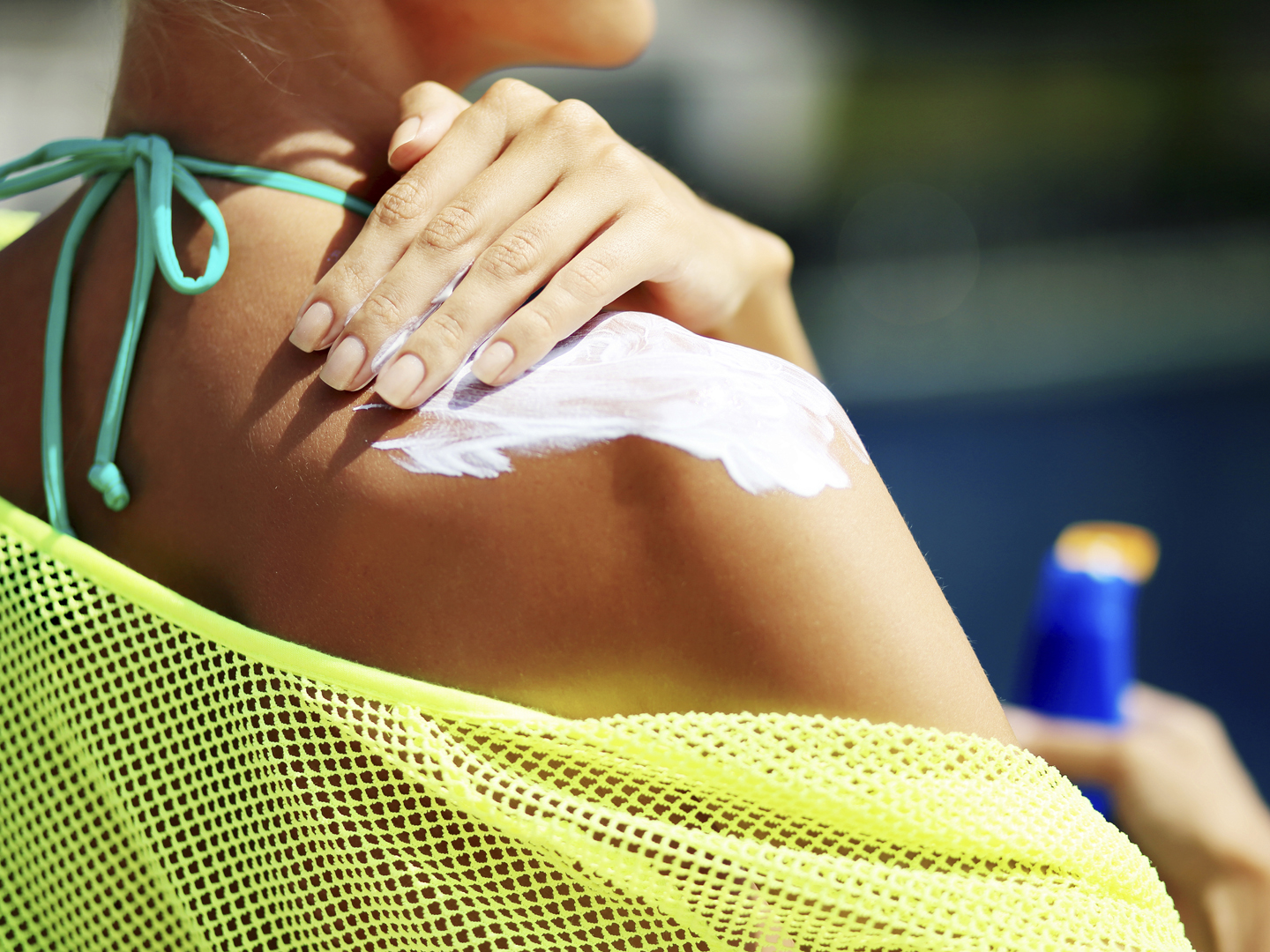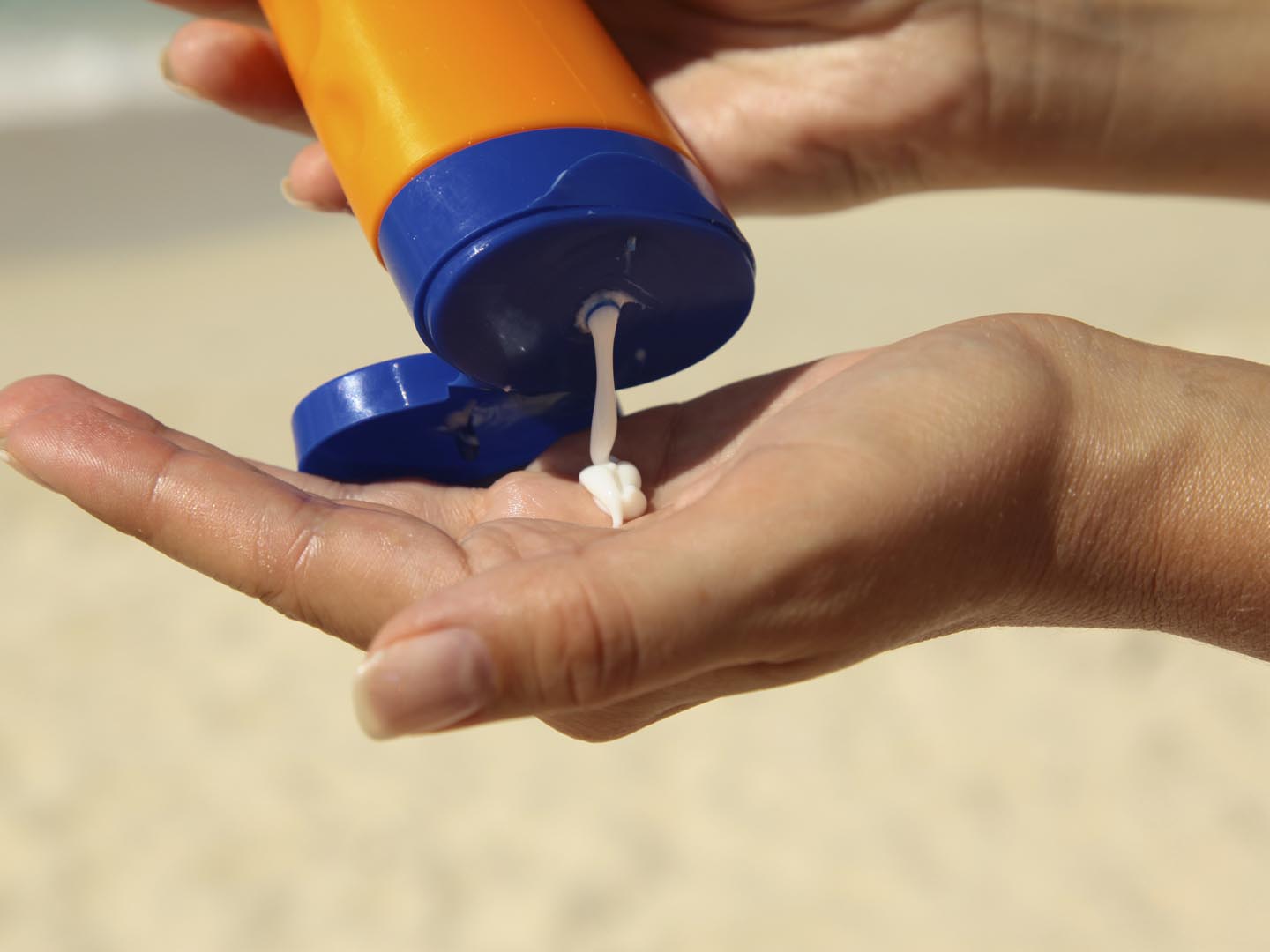Baking Soda Shampoo?
What do you think about using baking soda as a natural shampoo? I’ve also heard that baking soda is used for some medicinal purposes.
Andrew Weil, M.D. | July 12, 2017
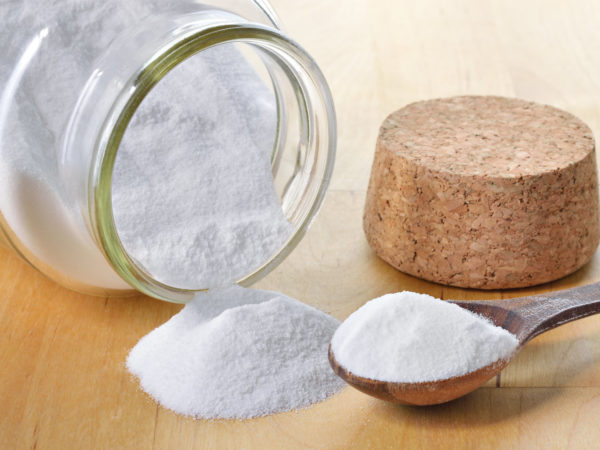
Your question intrigued me since I was not aware that baking soda (sodium bicarbonate) is used as a shampoo. From what I have been able to discover, shampooing with baking soda has many advocates online, but I have seen no scientific studies showing whether it is beneficial or harmful to hair. The process involves either adding a little baking soda – about a teaspoon – to your regular shampoo or rinsing the hair with a solution of one part of baking soda with two to three parts of water.
Some people also use baking soda as a dry shampoo in order to remove oil from hair. And I’ve seen claims that shampooing with baking powder can add volume to hair and help get chlorine out of hair (or repair discoloration due to chlorine).
People who use baking powder as shampoo seem to do so for two reasons:
- To save money – baking soda is much less expensive than shampoos.
- To avoid the chemicals found in most shampoos, such as phthalates, parabens, triclosan and oxybenzone, which have been shown in animal studies to interfere with the endocrine system and have been linked to neurobehavioral problems, obesity and cancer cell growth.
For a comprehensive rundown on the safety of shampoo ingredients, see the Environmental Working Group’s ratings of more than 3,000 products.
You also ask about the use of baking soda for medicinal purposes. The most familiar of these is for the relief of heartburn and indigestion. Sodium bicarbonate is also used intravenously to reduce the acidity of blood in serious conditions such as shock, severe dehydration and uncontrolled kidney failure or diabetes.
I have also seen baking soda promoted online and elsewhere as a treatment for cancer. This is nonsense.
Here are some common uses of baking soda as a home remedy:
- If you have gingivitis, an early stage of gum disease, make a paste of baking soda and hydrogen peroxide and massage it into your gums once a day. Leave it on for a few minutes and then rinse your mouth with water.
- For poison ivy blisters, mix baking soda with a little water, pat it on the blisters and let it dry.
- To ease the pain and inflammation of bee stings, ice the area immediately and then apply a paste made with baking soda and water.
- To absorb sweat and mask body odor, rub some baking soda on the underarms or feet.
Andrew Weil, M.D.


